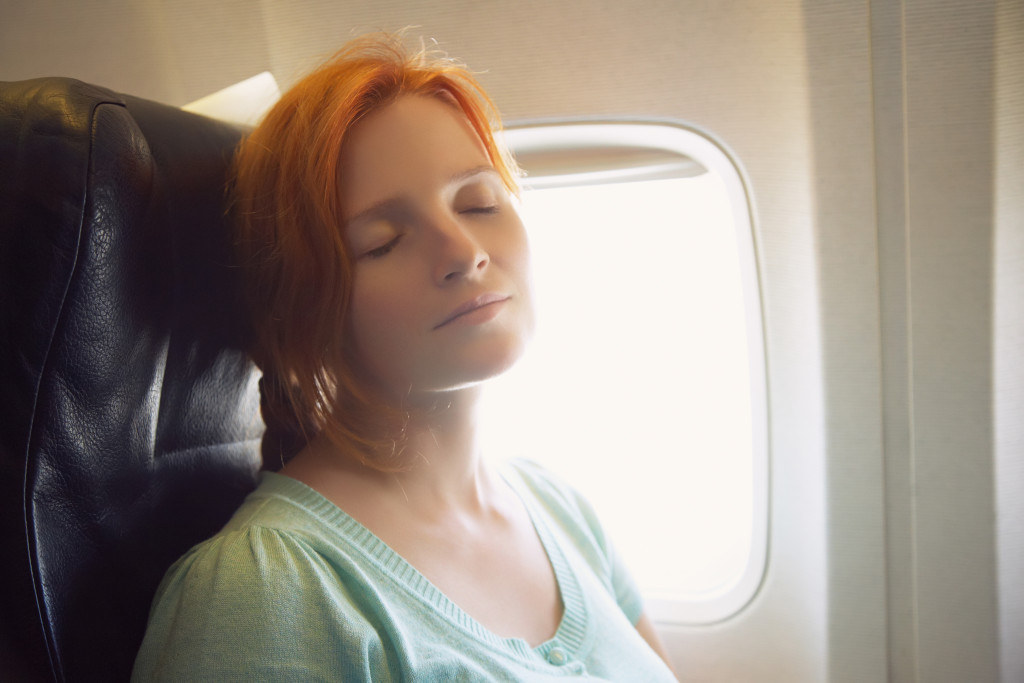Many travelers go abroad to get dental care. In 2020, an estimated 290,000 Americans went abroad for dental and medical procedures. One reason is that they get to save between 20% to 50% for getting their care overseas. But while many people choose to go abroad just to get their teeth fixed, many travelers experience teeth problems because of their frequent travels.
It’s no secret that traveling can be tough on your oral health. This is because traveling can disrupt your normal routine, making it challenging to keep up with good oral hygiene habits. Additionally, new environments can expose you to different bacteria that can lead to dental problems.
For one, constantly traveling can make it difficult to brush your teeth regularly. And even if you can brush, you may not have access to fluoride toothpaste, which can help protect your teeth from cavities. Furthermore, traveling can also dry out your mouth, leading to bad breath and an increase in plaque and tartar buildup.
With a few simple tips, maintaining your pearly whites is not impossible.
Never Skip Your Dental Appointments
Taking care of your pearly whites while traveling is just as important. That means never skipping your dental appointments.
A regular check-up with your dentist can help ensure that your teeth are healthy and white and that you catch any cavities or other problems early. Your dentist can also provide customized advice on how to best care for your teeth while you’re on the road. So next time you’re packing for a trip, don’t forget to schedule a dental appointment.
If you haven’t found a go-to dentist yet, find one that offers various dental services, like dental implant services. Find one that can accommodate you in case of a dental emergency, like an accidental teeth loss while traveling. This way, you won’t have to wait for days or weeks just to have your dental implant surgery.
Pack a Dental Travel Kit
Whenever you’re packing for a trip, be sure to include a dental travel kit. This should include all the essentials for taking care of your teeth, including a toothbrush, toothpaste, floss, and mouthwash. If you’re traveling with young children, pack child-sized toothbrushes and toothpaste.
Additionally, consider packing a water pick. This handy device can help remove plaque and tartar from your teeth, and it’s much more portable than a standard water flosser. And if you wear dentures or have braces, pack any necessary cleaning supplies like denture cleaner or orthodontic wax.
By packing a dental travel kit, you can be sure that you have everything you need to take care of your teeth, no matter where you are. You can also avoid using subpar or unclean toothbrushes and toothpaste at your destination.

Stay Hydrated
Drinking plenty of water is essential for overall health, but it’s also crucial for oral health. When you’re well-hydrated, your mouth produces more saliva, which helps to keep your teeth clean and healthy. Additionally, saliva helps to neutralize acids in your mouth, which can lead to tooth decay.
When you travel, your body can undergo changes that can lead to dehydration. For example, if you’re flying, the air in the cabin is much drier than the air you’re used to breathing. This can cause your body to lose moisture more quickly.
If you’re traveling to a warmer climate, you may sweat more than usual and need to replace lost fluids more often. Caffeinated and alcoholic beverages can also contribute to dehydration because they act as diuretics, causing your body to expel more water than usual. To avoid dehydration while traveling, drink plenty of water and other fluids like juice and soup. This can help keep your teeth healthy and prevent cavities.
Be Careful With What You Eat and Drink
When traveling, be careful with what you drink and ingest. Sugary drinks like soda, energy drinks, and fruit juice can cause cavities by sticking to your teeth and feeding the bacteria in your mouth. Acidic beverages like coffee and wine can also damage your tooth enamel, making your teeth more susceptible to decay.
Different countries can also have different food safety standards. What may be safe to eat in your home country may not be safe in another. Additionally, your stomach may not be used to the local cuisine, which can lead to indigestion or even food poisoning. To avoid getting sick on your trip, stick to safe foods you know your stomach can handle.
Drink plenty of bottled water, and avoid ice cubes, as these can often be made with tap water. When in doubt, ask a local for advice on where to find the best and safest food.
Follow a Strict Dental Hygiene Routine
When you’re at home, you probably have a set dental hygiene routine that you follow every day. But when traveling, it can be easy to let this routine slip. Whether staying in a hotel or camping in the great outdoors, stick to your routine as much as possible.
So, even if you’re always traveling, brush your teeth twice a day, floss daily, and use mouthwash. If you wear braces or have a retainer, clean these devices as well. And if you can’t brush your teeth after every meal, at least rinse your mouth out with water.
A strict dental hygiene routine can help prevent cavities, gum disease, and other oral health problems. You also get to enjoy the added bonus of having fresh breath.
Traveling can be fun, but it can also be tough on your teeth. With the help of these simple tips, you can help keep your teeth clean and healthy even if you are a frequent traveler.

